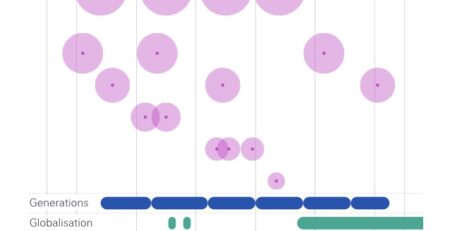Is informality a barrier to economic growth in Uganda? Empirical analysis
By Stephen Esaku
We apply autoregressive distributed lag modeling approach to investigate the short- and long-run relationship between economic growth and informality in Uganda. We use annual time series data, covering the period from 1991 to 2017. We find evidence of short- and long-run relationship between economic growth and informality. The results indicate that an increase in informality significantly reduces the rate of economic growth in both the long- and short-run. This evidence seems to indicate that in low income countries where informality is high, a large size of the shadow economy is correlated with low rates of economic growth. This arises from the fact that informal businesses rarely pay taxes for their operations leading to low revenue collection by governments, which affects the provision of essential social services. We argue that the results of a negative relationship between economic growth and informality in both the long- and short-run are possible given the income level of the country under investigation. The practical policy implication from these results is that tackling low rates of economic growth requires also addressing the key drivers of informality in the country.
Source: SSRN
215 views










